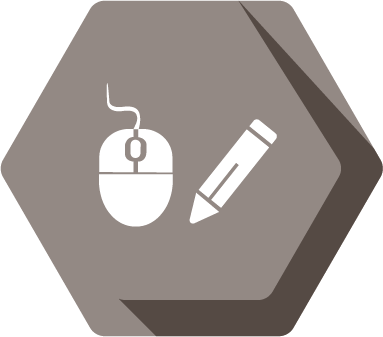Olivia Lambert

Pronouns: She/her/hers
Research Mentor(s): Carol Scott, Postdoctroal Research Fellow
Research Mentor School/College/Department: Social Media Research Lab, School of Information
Presentation Date: Thursday, April 22, 2021
Session: Session 1 (10am-10:50am)
Breakout Room: Room 5
Presenter: 1
Abstract
Almost all American youth use social media at least daily, usually several times a day (Anderson & Jiang, 2018; Scott et al., 2017; Smith & Anderson, 2018). The almost constant connectivity is often accompanied by fears from parents and clinicians that it is harming these young users, including being responsible for the rising rates in depression, anxiety, and suicide (Keles et al., 2020). Despite the widespread concern, the evidence is far from conclusive. Recent reviews find mixed, often conflicting, and small (at most) associations between screen time and mental health outcomes (Jensen et al., 2019; Odgers & Jensen, 2020; Orben & Przybylski, 2020). What may matter more is social media engagement — the quantity and quality of different types of activities youth engage in while online. Using a 16-week ecological momentary assessment (EMA), we aim to add to and refine this growing and conflicting body of knowledge by exploring how social media engagement relates to teen (ages 13-17) depression and anxiety in real-time, and how these relationships are mediated by negative social comparison, envy, and rumination. The overarching goal of this study is to move beyond measures of screen time and determine when, under what circumstances, and for whom does social media engagement create opportunities for anxiety and depression, amplify the risk for, or neither. We aim to recruit a diverse sample of at least 100 teens from across the U.S. To date, 85 are enrolled and participating. While results are forthcoming, we expect that teens who self-identify as Black, Indigenous, and People of Color (BIPOC), sexual/gender minority youth, and those with preexisting health conditions will engage in social media-related rumination, envy, and/or negative social comparison more often, and in turn, report higher daily rates of anxiety and depression. Findings will inform the design and deployment of future mHealth just-in-time adaptive mental health intervention for the most at-risk youth.
Authors: Carol F. Scott
Research Method: Design





